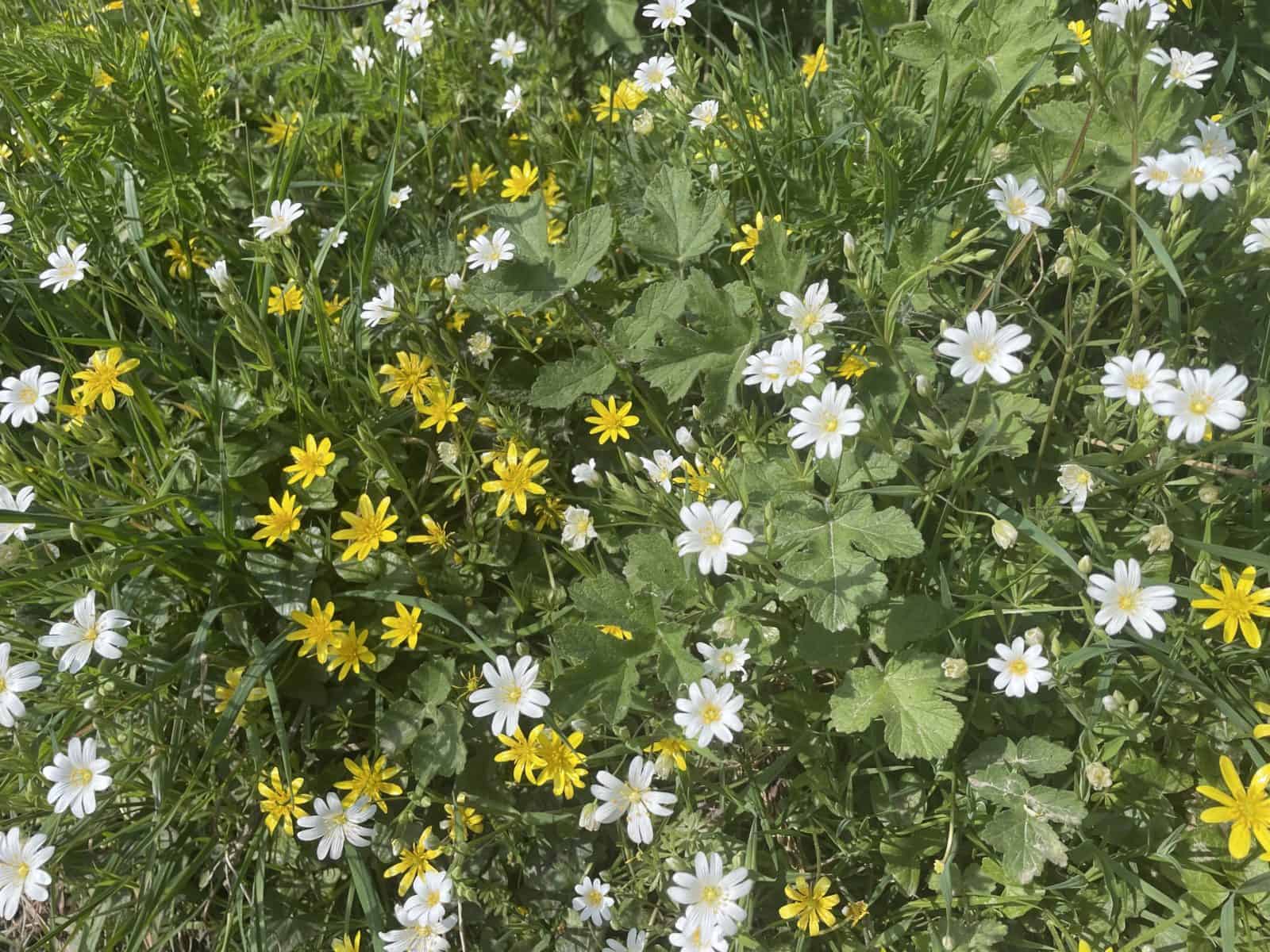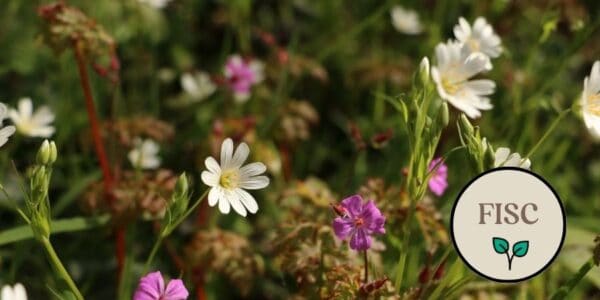In this beginner wildflower online course, you will build your understanding of wildflower basics considering their biology, ecology and the structure of flowering plants and be introduced to the species commonly encountered in the UK.
Delve into the fascinating and beautiful world of botany! Plants are essential for all life on earth as they are the base of all terrestrial food chains.
What is covered in this course?
- An introduction to flowering plants
- Introducing vegetative parts
- Introducing flowering parts
- Common species of grassland, hedgerow and wayside
Please note that this is not a species identification course
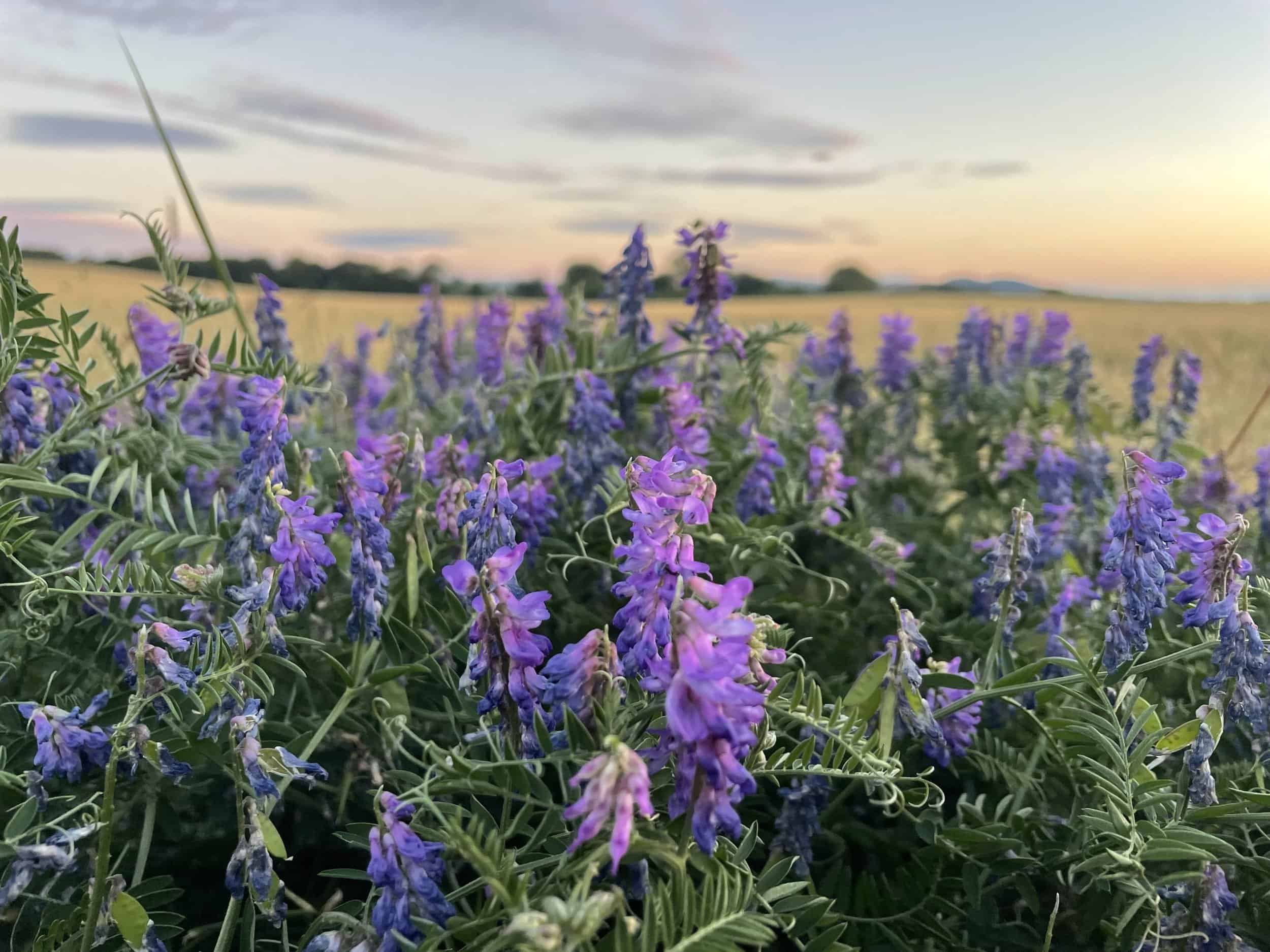
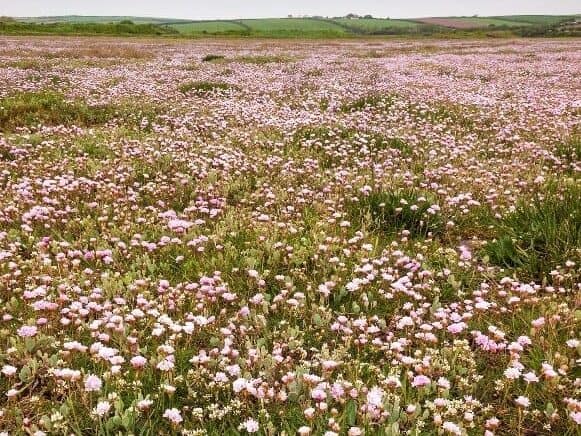
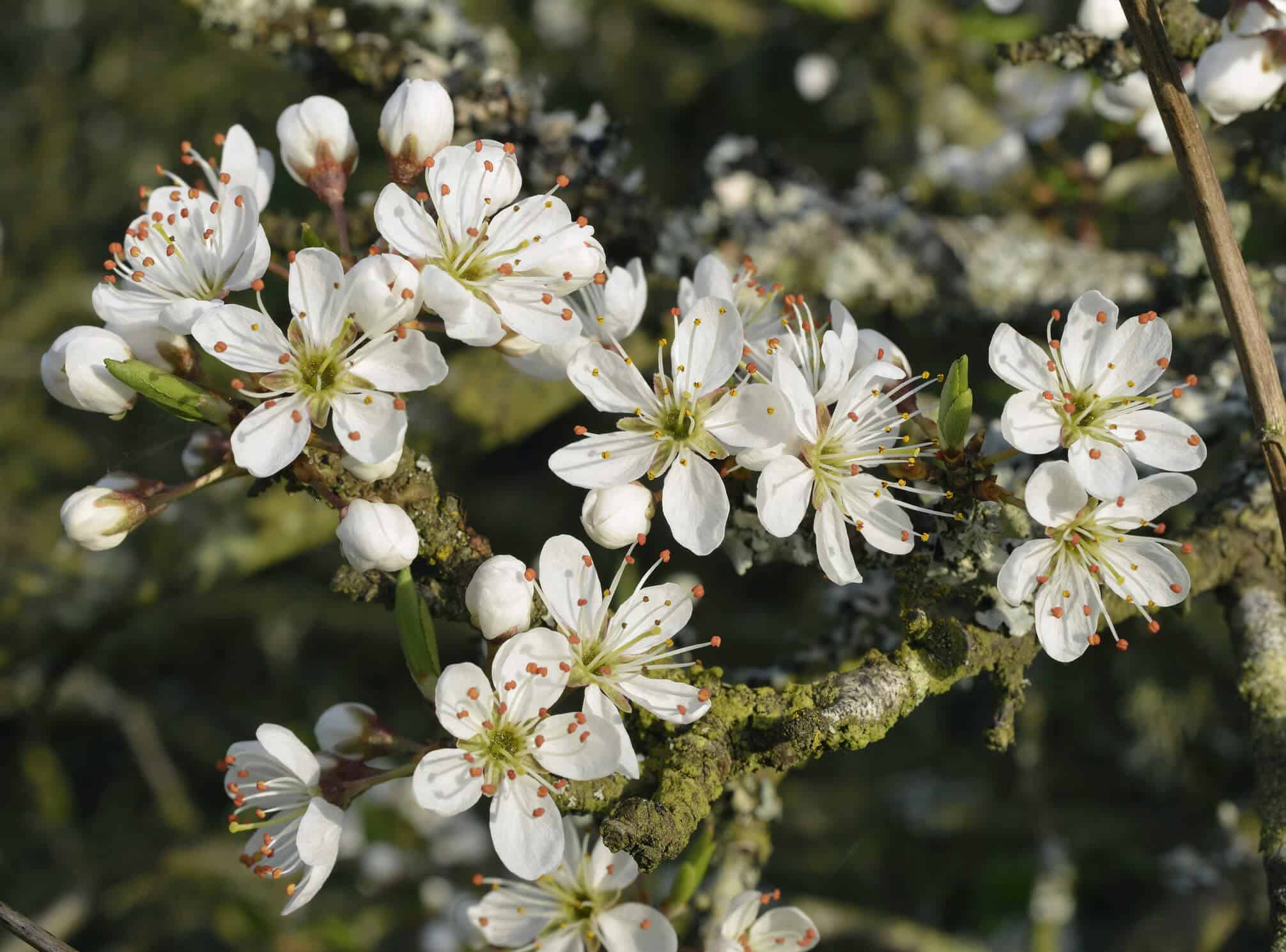
Read More
This beginner course will introduce you to the botany of flowering plants and equip you with the skills to recognise the key features needed for plant identification. This course will cover some of the most common wildflowers that you are likely to encounter right on your doorstep. Alongside expert tutor content and webinars, this course is brimming with field-based activities and self-guided learning to continue to develop your knowledge of UK wildflowers. This is the perfect course for those wanting to start their wildflower identification journey.
This is a 4-week online course covering 4 topics, for which you will complete a variety of self-led online resources and activities. Each topic is then concluded with an interactive Zoom workshop to complement the online content. Time commitment is approximately 2-3 hours a week and an E-certificate is provided upon completion.
By the end of the course, you will be able to:
- Understand the basic evolution of flowering plants, and how they fit in the plant kingdom.
- Describe the function and label the basic vegetative parts of plants needed for using botanical keys.
- Describe the function and label the basic floral parts of plants needed for using botanical keys.
- Use the Field Studies Council Walks and Waysides guide to recognise some of the most common flowering plants of grassland, hedgerow and wayside.
- Share this knowledge with friends, family and fellow volunteers.
Who Should Attend? – Nature enthusiasts, students, rangers, early career ecologists, etc.
Knowledge Level – Introductory. Level descriptors can be found on the following webpage: Framework and Course Level Descriptors
Prior Knowledge – No existing knowledge or experience is needed for this course, just a willingness to contribute and learn.
Please note – bookings will close 2 working days before the course start date to allow for all participants to be enrolled to the online platform – bookings will not be taken after this time.*
*Bookings will close sooner if course capacity is reached .
Understand how our online courses are delivered
Live Webinar Information
There are 4 webinars for this course, taking place at the end of each week. Please see the date listing below for the day and time.
Please note – webinars will be recorded and uploaded to the virtual learning platform for learners unable to attend.
About The Tutor
Karen Van Oostrum
Karen van Oostrum has a love of plants and the environment, underpinned by a solid understanding of plant adaptability, physiology and genetics. A Biology graduate of Oxford University with a Ph.D. in wheat genetics, Karen was Head of Education at Cambridge University Botanic Garden from 2006 – 2012. Karen specialises in: running taster courses for adults in Botany, Microscopy, Genetics and Plant Breeding; and supporting the teaching of plant science in Primary Schools.
Example Timetable
Week 1: An introduction to flowering plants
Self-study material available from the start date.
Week 1 Live Webinar at the end of week 1
Week 2: Introducing vegetative parts
Self-study material available after week 1 webinar
Week 2 Live Webinar: at the end of week 2
Week 3: Introducing flowering parts
Self-study material available after week 2 webinar
Week 3 Live webinar at the end of week 3
Week 4: Common species of grassland, hedgerow and wayside
Self-study material available after week 3 webinar
Week 4 Live webinar at the end of week 4
The final deadline to complete any outstanding assignments and self-study components 2 weeks after the final webinar
Time commitment: This course will require approximately 2-3 hours of your time each week. This includes covering course materials on our Moodle learning platform and the Zoom session.
What's Included
The course has been carefully created to help you continue to build and develop your knowledge as the course progresses. With content crafted to the online Moodle Platform and bespoke to the Field Studies Council.
The course includes:
- 45-minute interactive weekly Zoom workshops to connect with the tutor and other participants
- Expert tuition for which the Field Studies Council is renowned
- Activities to work on independently in advance of each Zoom workshop
- Tailored course completion certificate
Once registered, you will follow well-illustrated, user-friendly ’books’ to pick up knowledge. Quizzes and skill checks will give you instant feedback on your learning. Forums give students the chance to interact with each other as well as a place to share work.
Bursaries and Subsidies
Student Discount
This course is eligible for a student discount. If you are a current student, please use discount code BioStudent20 at checkout for 20% off all Biodiversity courses.
Natural History Bursaries
There are a number of natural history bursaries available to help with the cost of your course. To find out if you and your chosen course are eligible, find out more here.
Before You Attend
Accessing Your Course
Once you sign up you’ll receive an email at least 24 hours in advance of the course opening with details of how to access our easy-to-use platform, Moodle.
Moodle can be accessed through a browser or an app.
Webinars are via Zoom so you won’t need any new software to attend
Recommended Devices
It is recommended that you access your course through a PC or laptop. Please be aware that there will be reduced functionality if you decide to access the course through a tablet or smartphone. The Field Studies Council is unable to email content directly to you.
Opportunities to attend this course
-
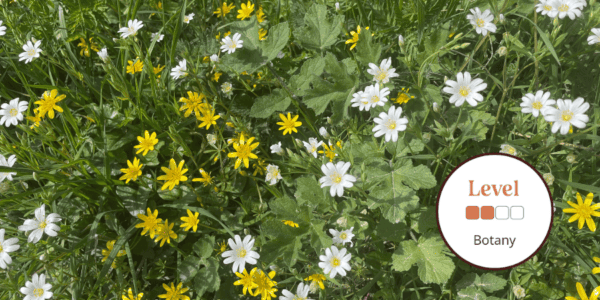
Wed 10, April 2024 - Wed 22, May 2024
The webinars will take place on Wednesdays 11:30 am - 12:15 pm on the following dates:
- Week 1: 17th April 2024
- Week 2: 24th April 2024
- Week 3: 1st May 2024
- Week 4: 8th May 2024
Sorry this course booking is closed
-

Wed 19, June 2024 - Wed 31, July 2024
The webinars will take place on Wednesdays 11:30 am - 12:15 pm on the following dates:
- Week 1: 26th June 2024
- Week 2: 3rd July 2024
- Week 3: 10th July 2024
- Week 4: 17th July 2024
No current dates for this course? Click here to view all the upcoming Natural History courses.
Progress Your Learning
This is a training course from the Field Studies Council, delivered by expert tutors with an approachable learning style. After attending this course, you may like to progress your learning with further relevant courses or branch out into other areas of natural history. The Field Studies Council offers both online and in person courses, so you can choose the learning style that suits you best.
The course gives you the opportunity to immerse yourself in a new subject and acquire novel skills. Our online portal gives you time to study at your own pace and fit the lessons around your own schedule.
If you have any questions about our online courses please check our Frequently Asked Questions or email [email protected] if you have any questions.
Group Bookings Made Easy
If you have a group of 10 or more individuals wanting to complete one of our courses, our team are available to discuss your options – from discounts to private team courses. Find out more!
You can rest assured that the absolute best content from an expert in environmental education will be at your fingertips. In choosing a Field Studies Council course, you will be joining thousands of people who learn with us each year.

